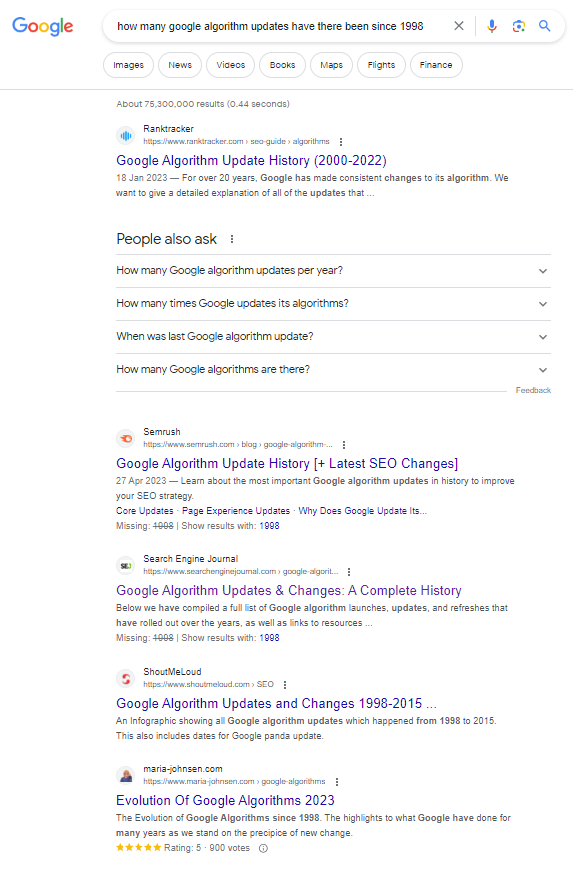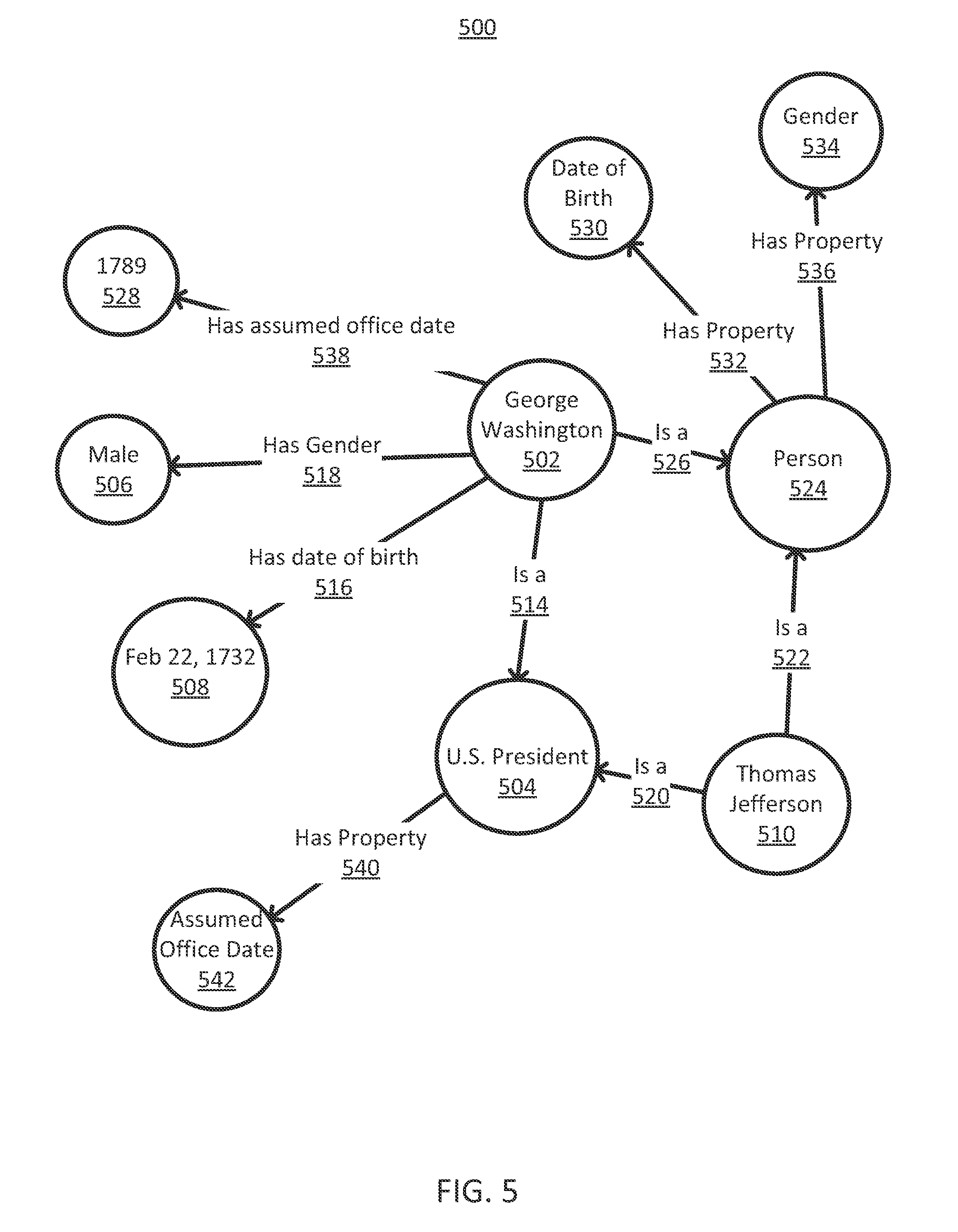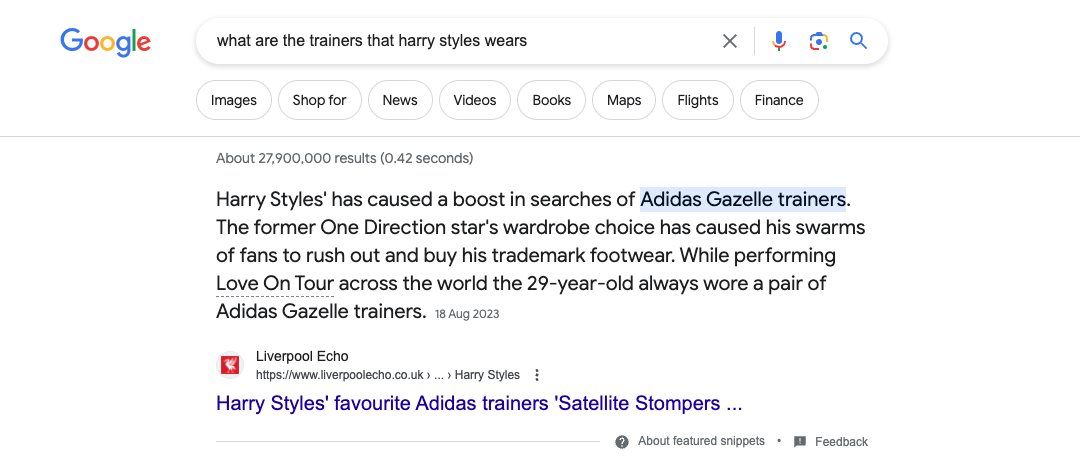Our attention span is getting shorter, and Google is trying to solve our entire user journey within a single page.
For better or for worse, when you make a search nowadays, the results often feel predefined.
For example, if you search for the term ‘playstation’, Google knows so much about the topic that I counted 10 different features in a single SERP (Search Engine Results page). This includes news and all the related videos that have been published in the last 24 hours. Whether you’re looking to buy, to learn or to be entertained, there’s something in the SERP for you.
It’s not perfect though. The longer your search, the less predefined the result becomes as Google understands your intent less and less and resorts to the more ‘keyword-heavy’ style of years ago. Sometimes you will ‘feel’ the switch between a topic-led SERP and a keyword-led SERP as Google isn’t confident it understands what you want. But this is getting less and less common.


Figure 1: Known topic SERP vs keyword-driven SERP
Google hasn’t got this intuitive overnight. The search results have been continuously improving for the last 25 years.
Two lesser talked about updates in particular have played a huge role in search today, especially when combined.
Update 1: Knowledge Graph
The Knowledge Graph was first rolled out in 2012 with the aim of understanding what users were searching for, providing summaries and broadening the results provided.
A patent from that time shows how Google builds entities and links them together. The clearest example shows the US presidents.

Figure 2: A very-American example included in a Google patent from 2013.
You can see the impact this would have on something like voice search (over ten years old now!) and the Playstation example above.
Scaling this takes a lot of content which Google obviously has access to. A second update that played a big role in the rollout of this approach is Hummingbird, which went under the radar.
Update 2: Hummingbird
A year later (2013) the Hummingbird update rolled out and nobody really noticed.
Google moved away from matching keywords on a page to a search and looked to show pages that matched the intent of the user. Something simple but smart that it did early on was remove unnecessary terms in the search before matching pages to what the user searched for. This sounds very minor and is a reason it went so under the radar.
Originally this impacted long-tail keywords. For example, the search “What are the trainers that Harry Styles wears” would be simplified to “Harry Styles trainers”. Because the same result will answer the user's search.
Working this way, Google could combine multiple keyword variations and create results pages that satisfy multiple variations of search. This has helped Google cover more topics quickly.
On the negative side, you can see how this could lead to search results that feel too predefined.
Combined with the Knowledge Graph, you can see now that related keywords include ‘Adidas gazelles’, the trainers in question. And this is for a relatively new topic.

Figure 3: Increase in searches for a trainer launched in 1968.
How has this changed SEO?
As an SEO, gone are the days of injecting keywords onto a website page by page and expecting a return. Google is too smart for that.
When considering the number of people who have worked on this for over 25 years across so many thousands of algorithm updates, it’s impressive to see two seemingly minor changes from 10 years ago have had such a prominent effect on online search today.
We need to take a step back and think about our website and our user’s intent, striving to test what works and make continuous improvements, just like Google has.
SEO with M3
Looking to develop your SEO strategy? M3 can help. We have a wealth of experience creating insight-driven SEO strategies, that can help your audience find what they’re looking for. Want to find out more how our SEO specialists can help you? Book a free consultation today.






